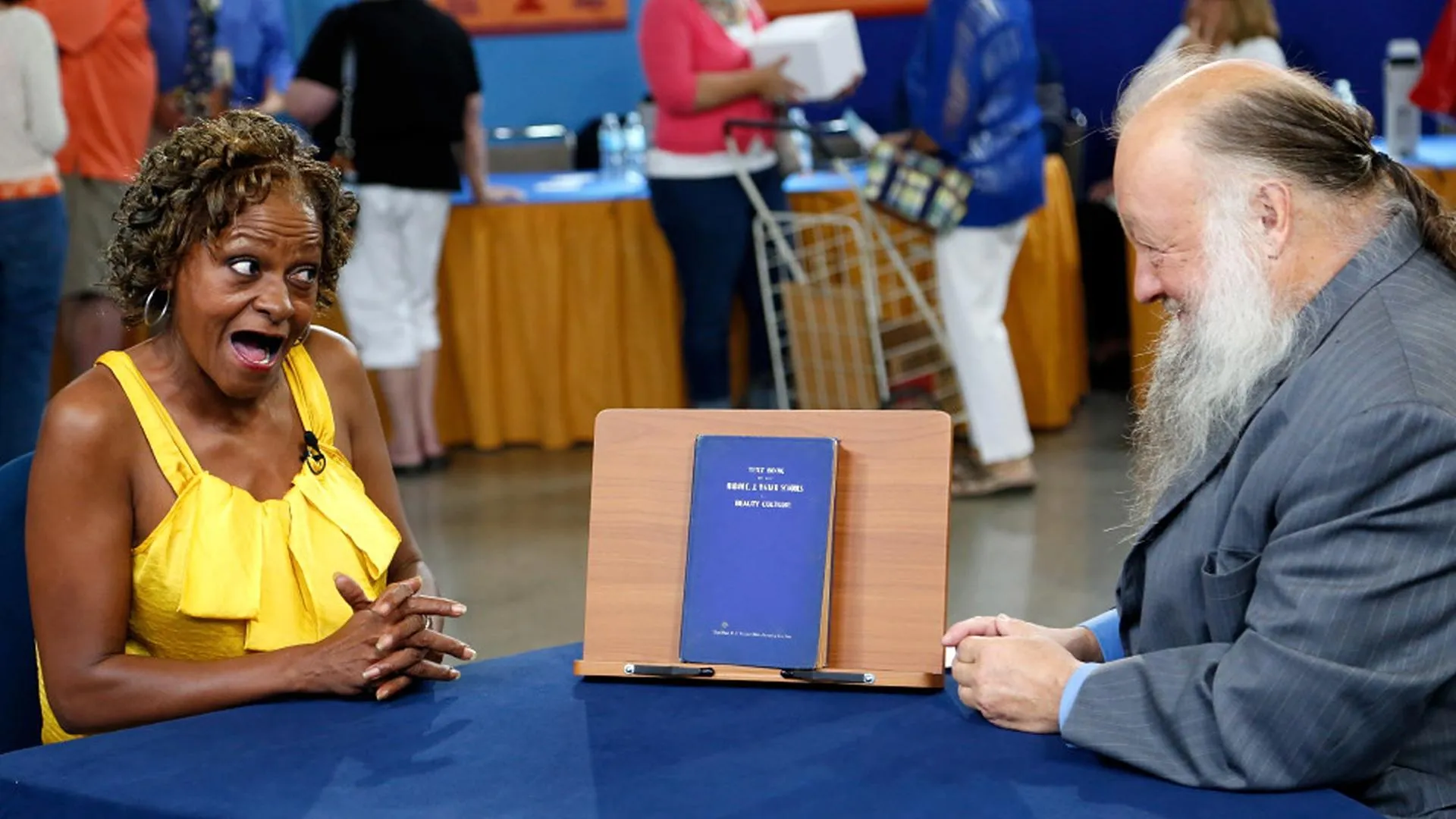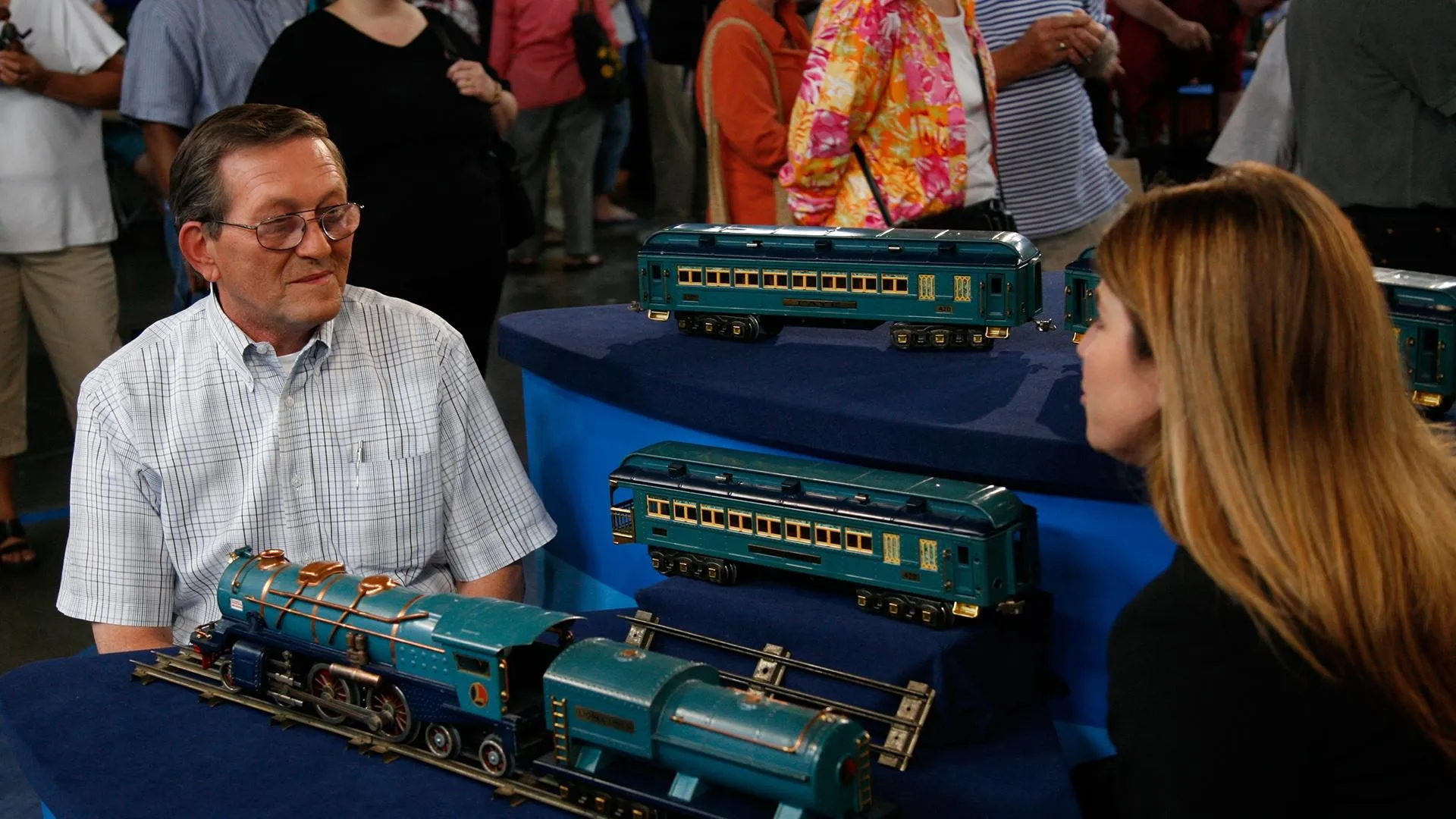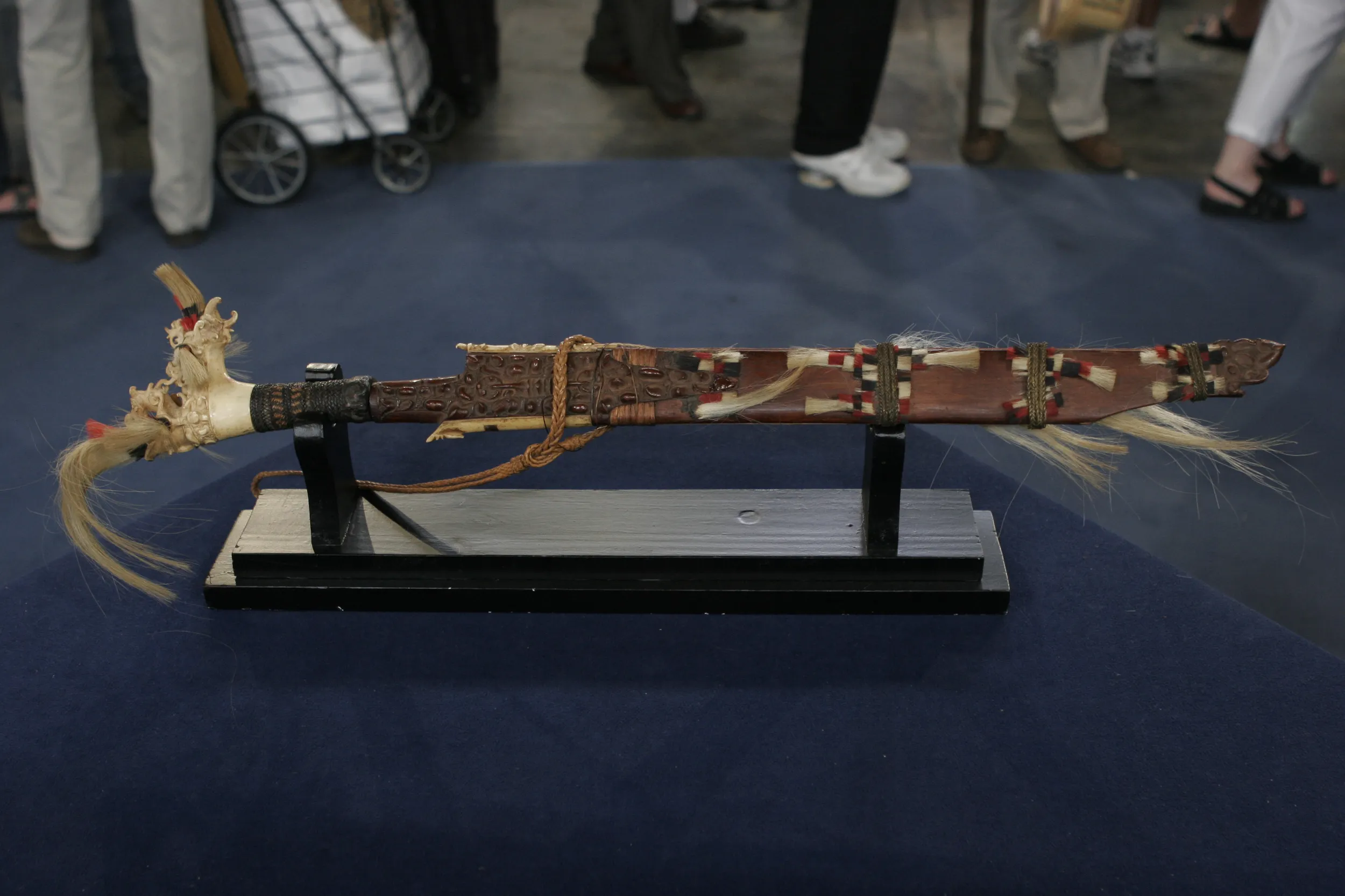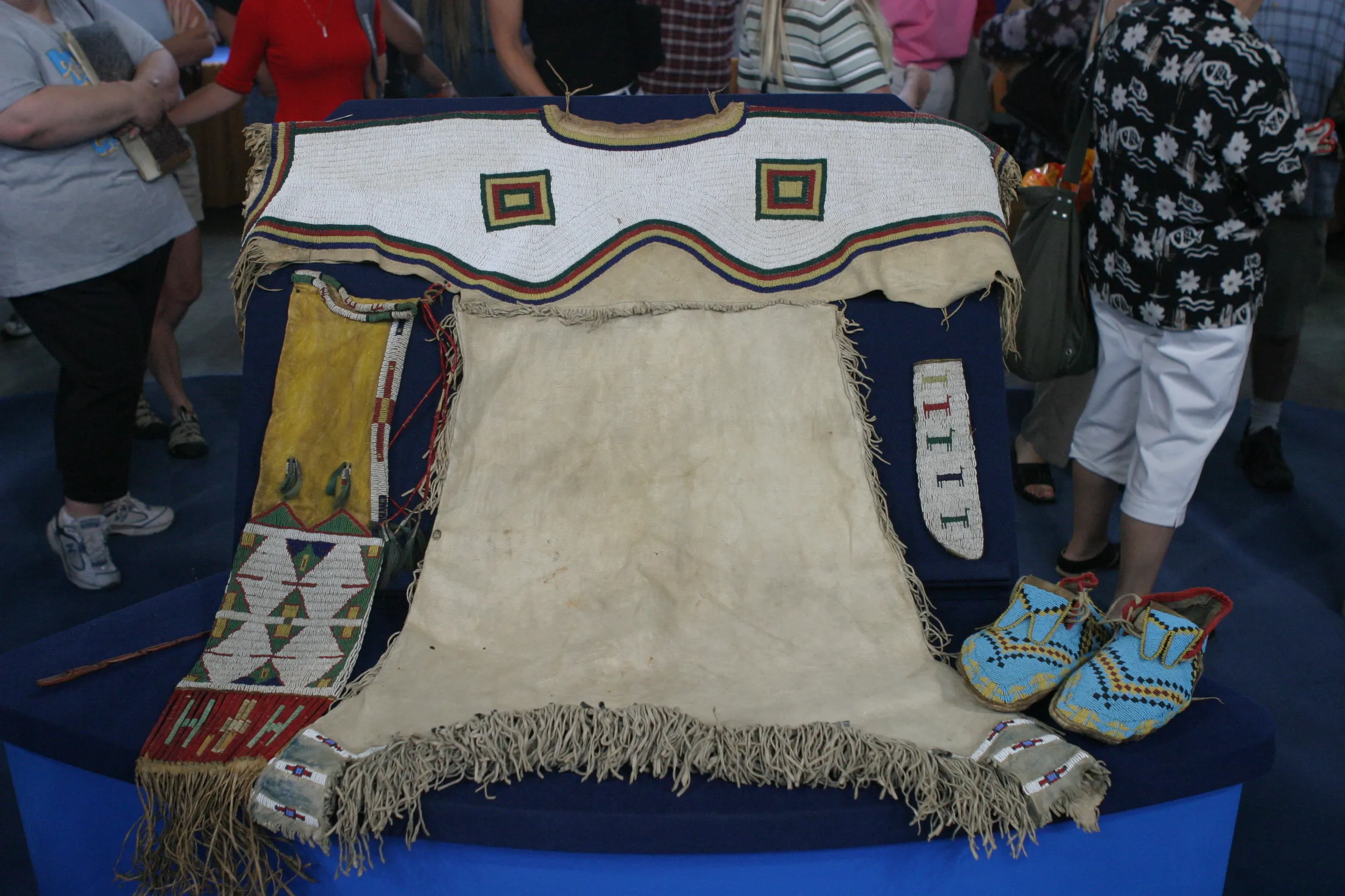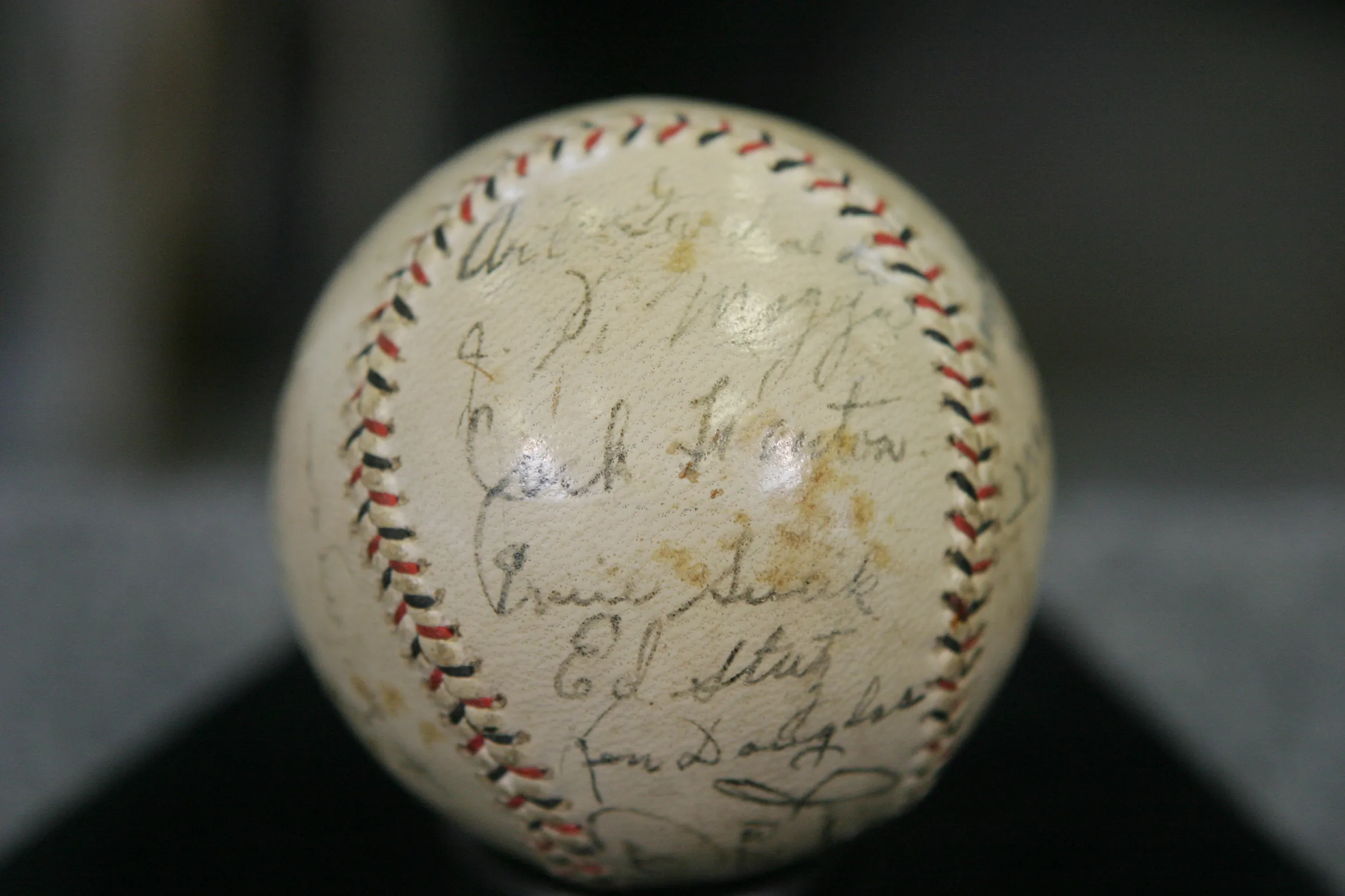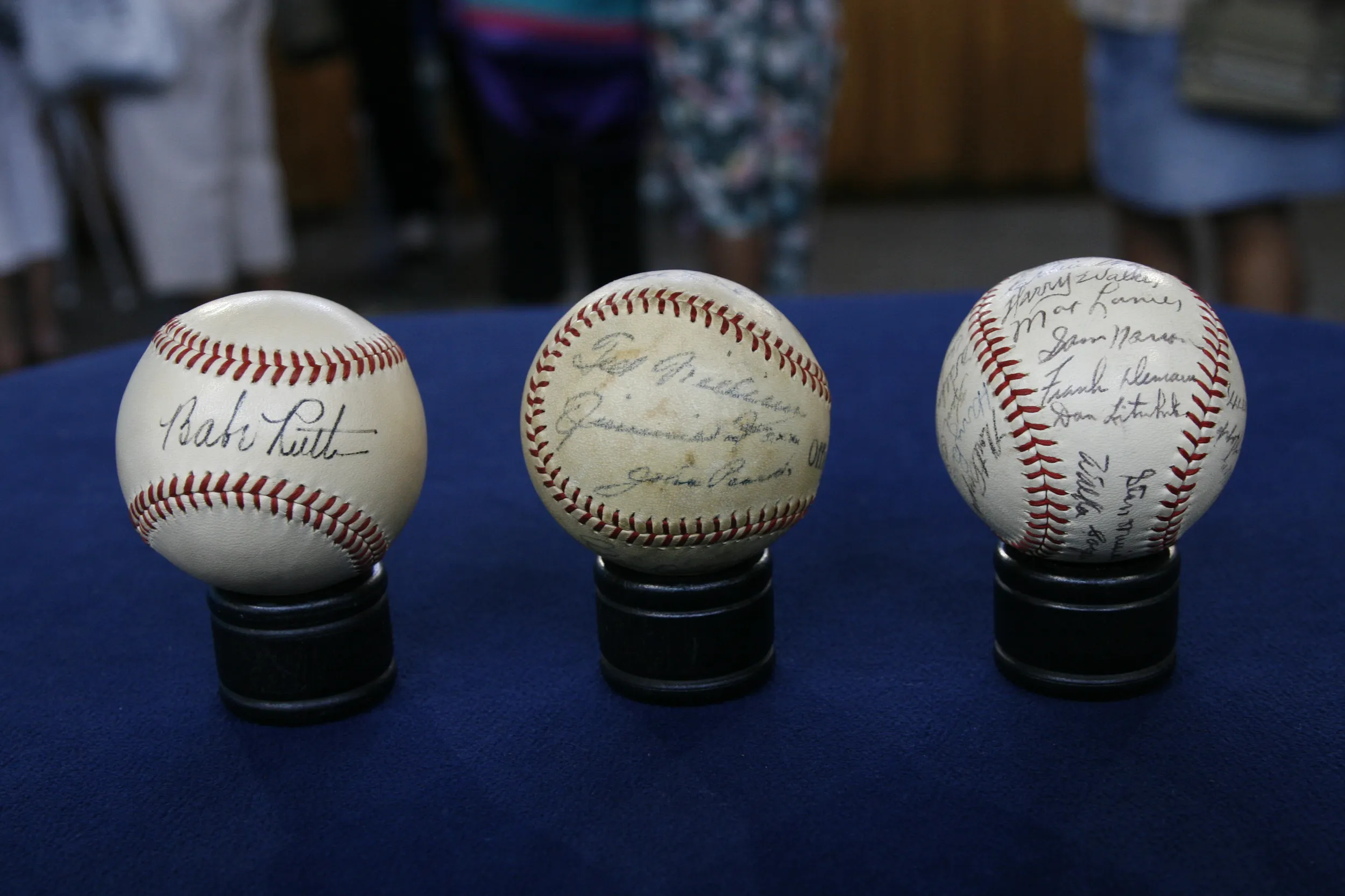GUEST: It's a carriage clock, I believe. It's made by Tiffany. We acquired it from a house sale in Denver, Colorado. I was a collector of antique woodworking tools, went over to find a woodworking tool, found out their tool wasn't very good, but I saw this clock, and we like all good antiques and thought it was worth more than we paid for it.
APPRAISER: Great. As you say, it's a carriage clock. It's the first type of travel clock. And you can see it's housed in this original leather protective case. And if we take a look inside, we see that the carriage clock is in there. And it was designed to travel. If you wanted to be able to see the time, you could travel with it like this, or completely enclosed, or you could take it out altogether. And before I take it out, I just want to point out this one feature that it has, which is a repeat button right here on the outside of the cover. If you press on that, that in turn presses this, which repeats the previous hour so you can tell what time it is, even if it's dark. It's a very nice example of a carriage clock. This is a time and strike movement, and it has some features that are better than what we usually see. For example, these columns on the front are a nice feature. The sunken dial with this filigree work is very, very nice, as is the garland engraving here on the dial mat. So it's a more attractive example than what we usually see. But probably the most important feature is this name on the dial. It says Tiffany & Co. Tiffany didn't make the clock, though. It was made in France. They often imported clocks and put their own name on them. It also has a monogram on the top-- the owner-- and the date that it was manufactured, 1892, or the date that it was presented.
GUEST: Can you polish it?
APPRAISER: Yes, it could be professionally restored and the movement could be overhauled. It would look beautiful polished and lacquered. What did you pay for it?
GUEST: About $300. About 30 years ago.
APPRAISER: In a retail clock shop, this clock would sell for about $4,000.
GUEST: Well, that's a nice profit.
APPRAISER: It would probably be $500 to $1,000 less without the carrying case.

